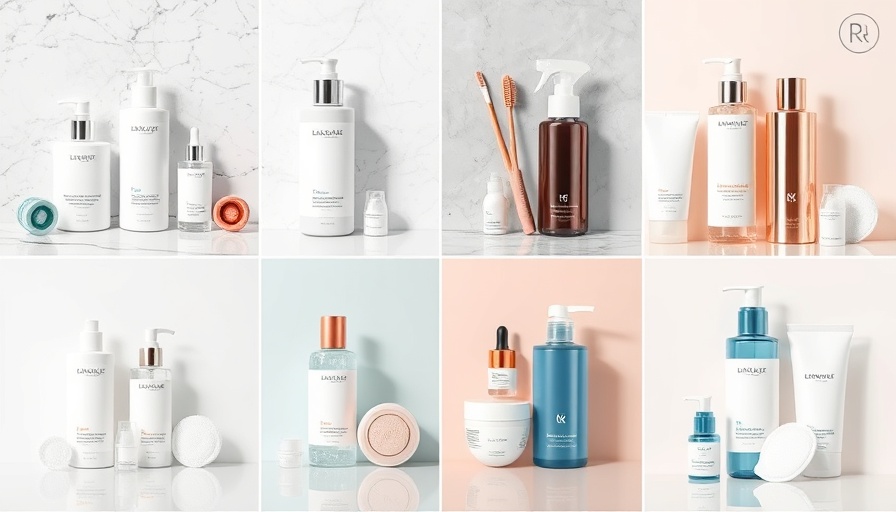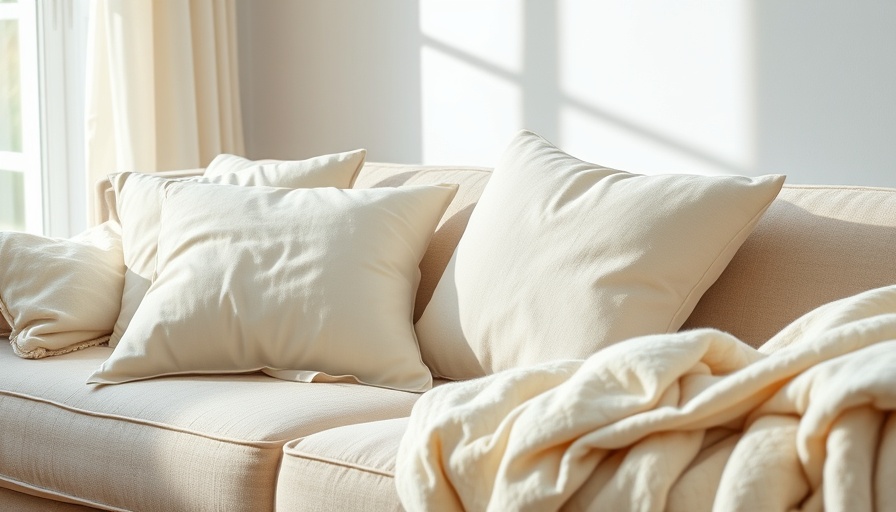
Overcoming Barriers to Personal Hygiene
Personal hygiene may appear straightforward, but for many, especially those with chronic illnesses, sensory sensitivities, or disabilities, the task can be daunting. It's crucial to understand that hygiene isn’t a one-size-fits-all approach. Rethinking what hygiene looks like for you can significantly impact mental and physical well-being.
Embracing Flexibility in Routine
It's important to establish that personal hygiene routines can vary drastically from day to day. Some days might allow for expansive grooming routines including showers and skincare rituals, while others may demand a more minimalist approach, such as tooth brushing alone. Accepting that on certain days, it’s okay to do less not only reduces pressure but fosters a healthier relationship with self-care practices.
Innovative Solutions for Oral Care
Oral hygiene is one area where accessibility can make a considerable difference. For those with limited mobility or fatigue, options like electric toothbrushes can minimize effort while maximizing results. They often come equipped with timers—ideal for those who may struggle with maintaining focus on the task at hand. Water flossers are another excellent choice, simplifying the process of keeping between teeth clean without the dexterity required for traditional flossing.
Revolutionizing Hair Care
For many, managing hair health can present its own set of challenges, particularly when fatigue or pain may prevent thorough washing and styling. Dry shampoos and no-rinse shampoos serve as innovative alternatives, offering a quick refresh without the exertion of traditional washing. These options enable individuals to extend their grooming routines for a more manageable approach, ensuring that feeling good about one’s appearance is accessible to all.
Creating Sustainable Routines
As we work to develop more inclusive personal hygiene practices, let’s focus on creating routines that accommodate individual needs. Incorporating tools designed for ease—like ergonomic brushes for hair care or simplified hygiene products—can provide relief and enhance confidence. The goal is to cultivate a personal hygiene experience that uplifts rather than overwhelms.
Actionable Steps Towards Accessibility
Making hygiene routines more accessible does not require massive changes overnight; small steps can yield significant improvements over time. Begin by evaluating routines and determining where adjustments may be needed. Emphasize comfort, flexibility, and personal choice in everything from toothpaste to hair products. Above all, remember that the focus of hygiene is on empowerment and self-care.
If you or someone close to you faces challenges with personal hygiene, explore the vast array of products tailored to create a more manageable experience. It’s not just about looking good; it’s about fostering well-being and self-esteem. Everyone deserves to feel confident in their hygiene routine, regardless of their circumstances.
Consider discussing these insights with your healthcare provider for tailored suggestions that meet your specific needs. The journey to more accessible personal hygiene is about making informed decisions for oneself.
 Add Row
Add Row  Add
Add 




Write A Comment